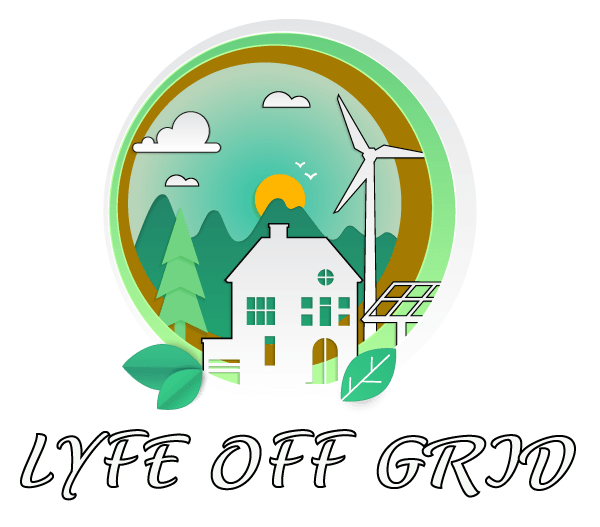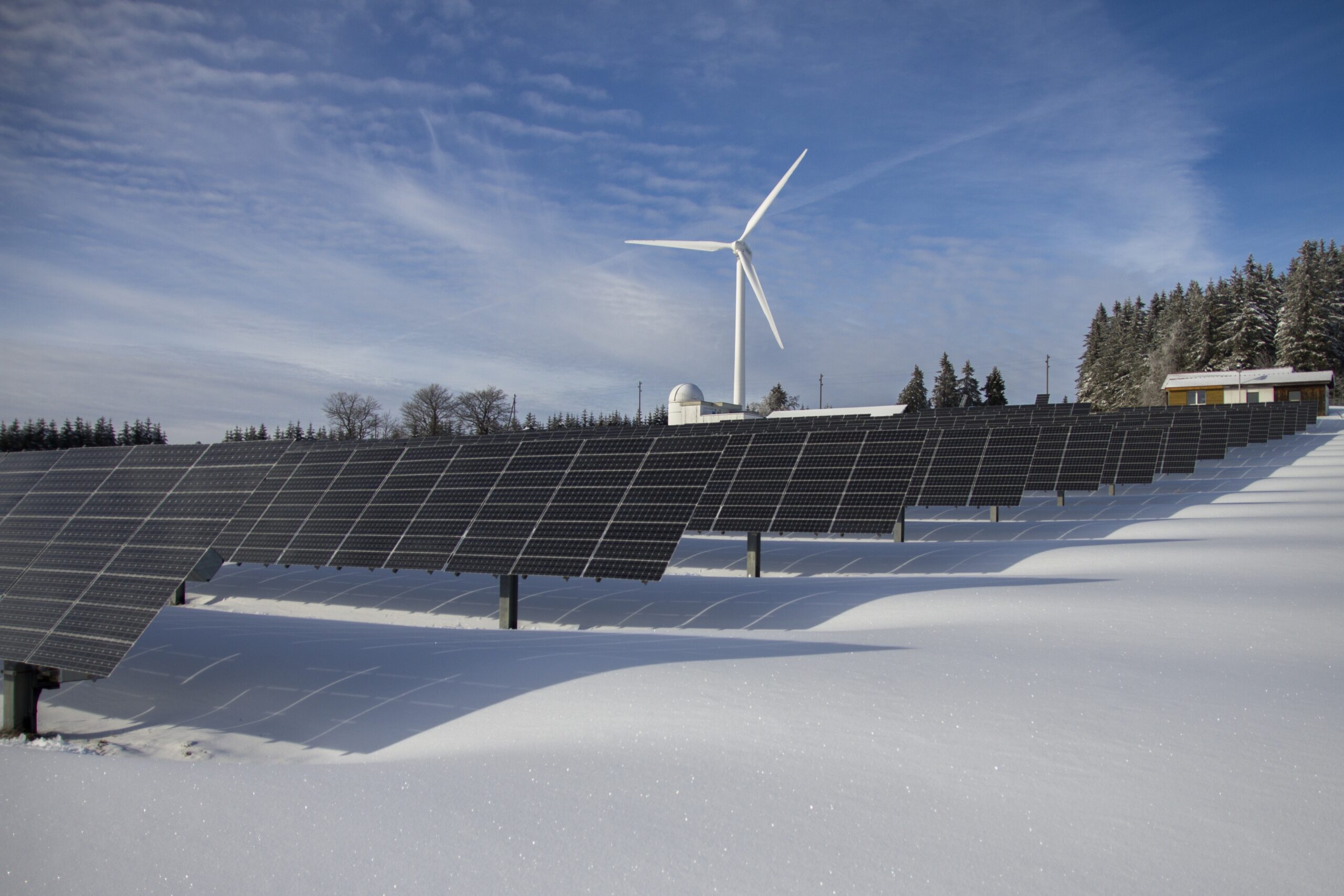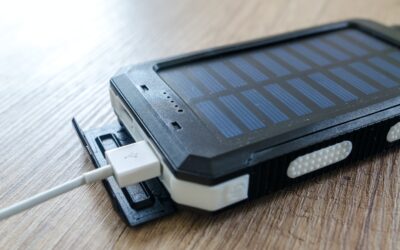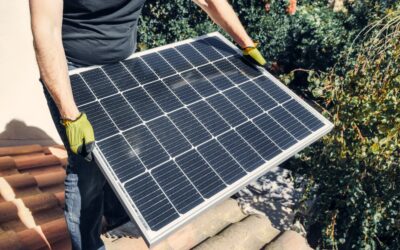Investing in a solar panel system is one of the best decisions to make, and with the recent downfall in its prices, it is best to get one installed for your home. With, you can’t deny the overall cost of installing one is still high. It can range anywhere between $16k to $20k. And this doesn’t include the electricity storing batteries.
Fortunately, the federal solar tax credit can help decrease the overall system price by a max of $6k for fittings in that value. It helps increase the solar system’s ROI by decreasing the overall project rate. Here’s all you need to know about taking advantage of solar tax credits.
All About Federal Tax Credits
A federal tax credit is a dollar-for-a-dollar income tax discount payable by the state or Internal Revenue Service. For example, a $3,500 tax credit will reduce your income tax charge by the same amount. However, your tax credit will have zero worth if you’ve no liability.
All About Federal Solar Tax Credit
The state offers a solar tax credit to commercial and residential solar panel installation systems. Nevertheless, a tax credit will only be eligible for individuals who own the solar panel system (who have bought it). So, individuals who have leased their solar panel systems or have a power purchase agreement (PPA) will not be applicable for a federal solar tax credit.
You will only be considered qualified for residential applications once the installation is complete. As for renters, they will not be authorized. Moreover, the solar panel system and the remaining fittings must be unused. Thus, if you have a used solar panel system, it will not be eligible for a tax credit.
Federal Tax Credit Application Process
The first and foremost step in a federal tax credit application is speaking with a tax professional. You must then explain your situation to them and see if they can help you benefit from the federal tax credit system.
After qualifying, you can install your solar system and apply for the tax credit when filing your 2023 federal taxes. Furthermore, a few states have state solar tax credits that individuals can file for when applying for state income taxes.
What Are Other Benefits of Installing a Solar Panel System?
Your location plays a huge role in the benefits you are to receive by installing a solar panel system. There are a few common ones, such as:
Tax Exclusions
Studies suggest that homes with installed solar panel systems sell for much higher than those without, as it adds to the house’s overall value. It allows users to enjoy lower bills. States such as Texas don’t increase your property taxes when you’ve installed solar panels.
Net Energy Billing
If your utility company offers net metering, you will enjoy extra credits on your electricity bill for the excess power you provide to the power grid. You can use these when you need them, such as when the sun doesn’t shine.
Studying the incentive offered in your state before installing a solar panel system is best. You must ensure you get benefits such as solar tax credits to reduce costs.






